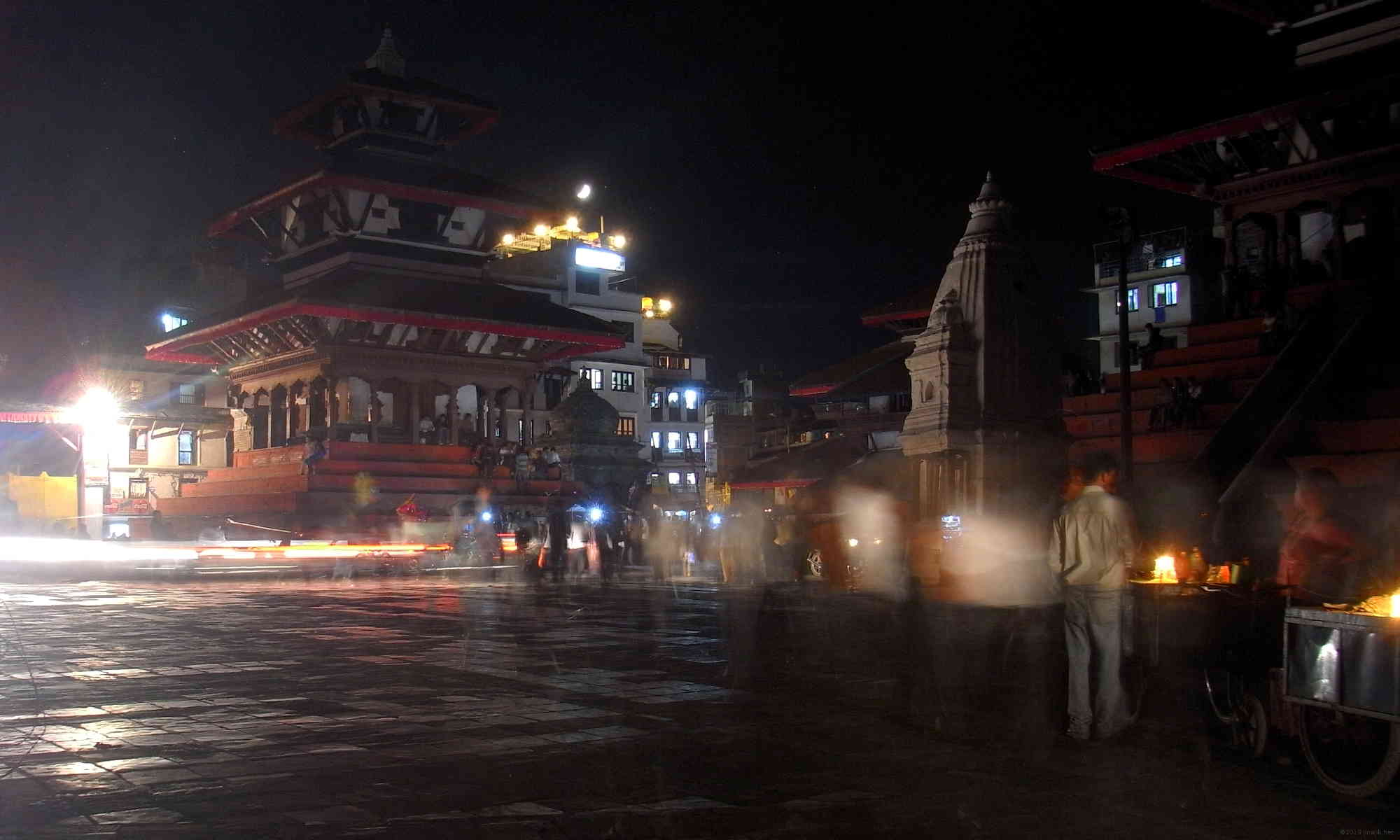Nepal has earthquakes; Java has volcanoes; the United Kingdom has dreary weather. Is there a geographic correlation between religiosity and catastrophe?
Jeanet Sinding Bentzen. ‘Origins of Religiousness: The Role of Natural Disasters’. University of Copenhagen Department of Economics Discussion Paper 13-02, 2013. [official site / PDF]
From the Abstract
[…] Natural disasters are a source for adverse life events, and thus one way to interpret my findings is by way of religious coping. The results are robust to various measures of religiousness, and to inclusion of country fixed effects, income, education, demographics, religious denominations, and other climatic and geographic features. The results hold within Christianity, Islam and Buddhism, and across continents. […]

